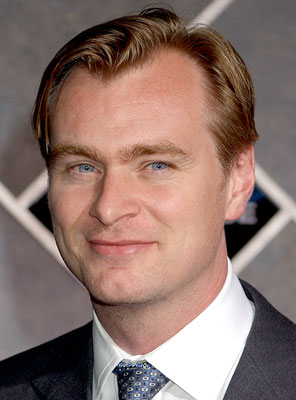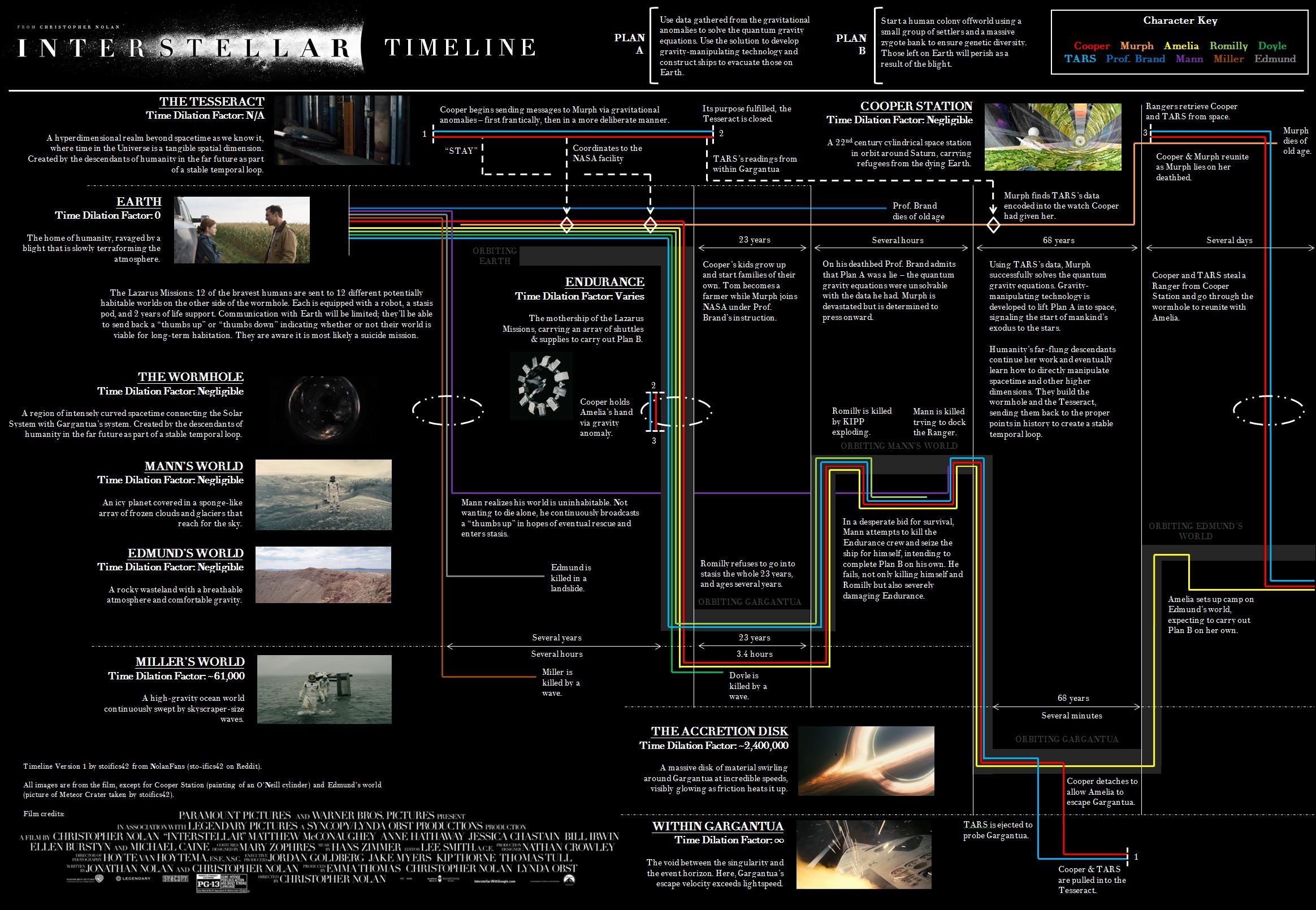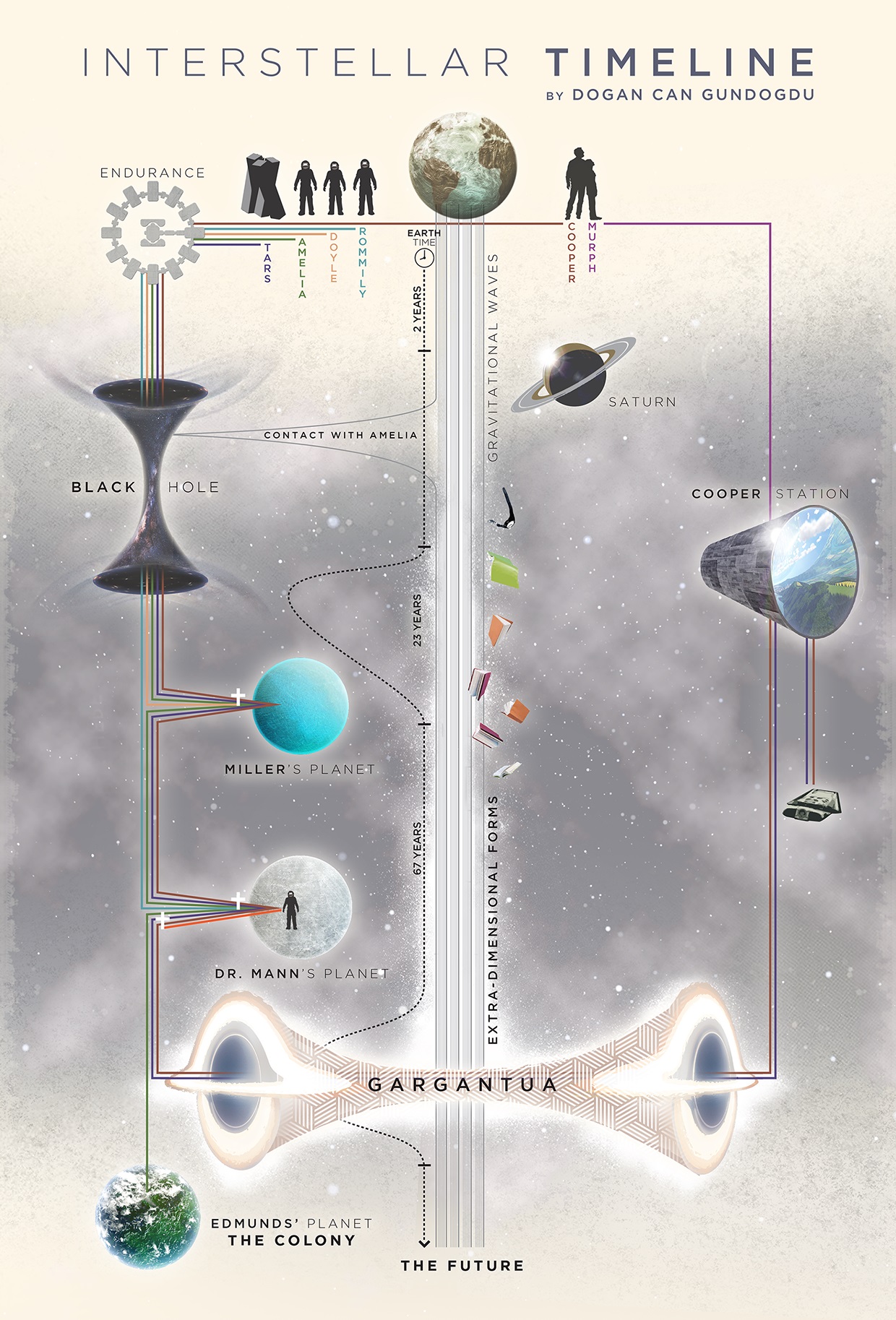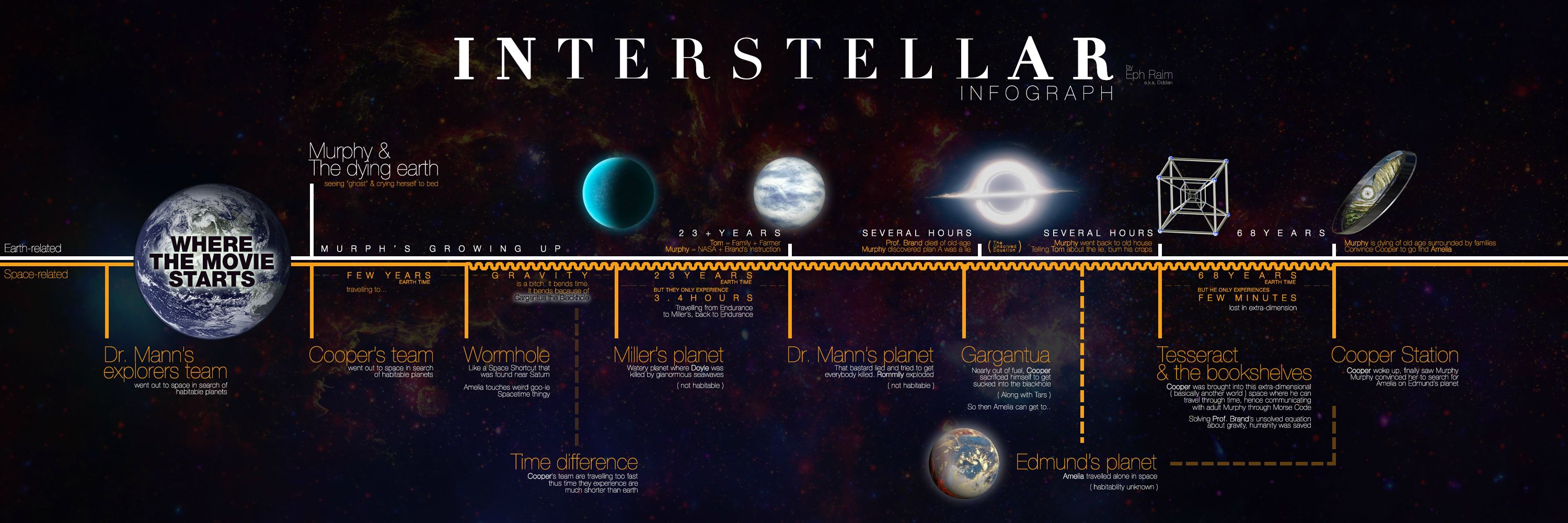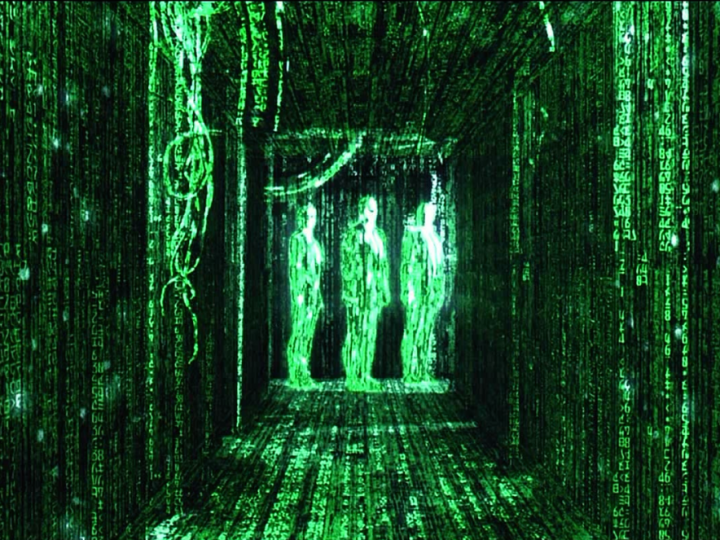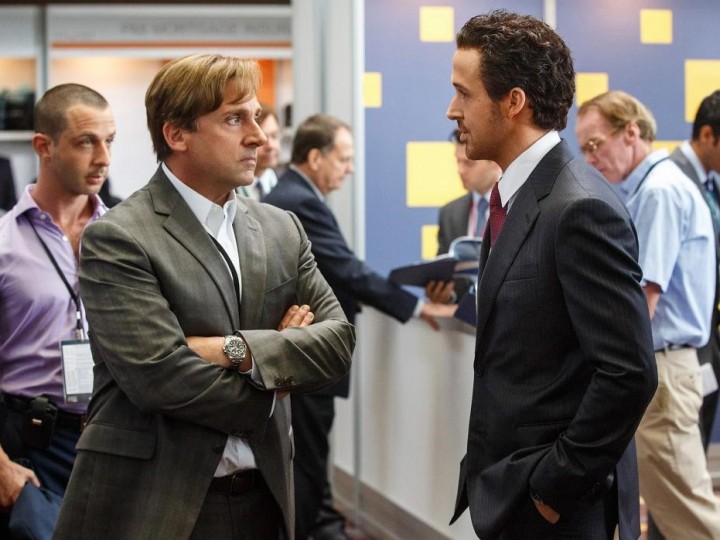Time as an Identity Indicator
Truth is, why such a rush? Why is it that important for Nolan’s character to accomplish their quest? What are their deepest motivations? Their allowed time, is the time they dispose to find themselves (again), define who they are for them or in the society to fulfill themselves. Time is the life frame that builds who you are. It contains the events you live & define you. It exposes you to critical choices that make the person you are. Would I be a better parent if I could go back? Through the fifth dimension, trapped in his daughter closet, Cooper chooses this time to stay instead of leaving. Is it too late? Would he be the same person if he chose differently? However, as Doctor Brand (Anne Hathaway) explains,” the only thing we are sure about quantum physics it’s that we cannot reverse time”.
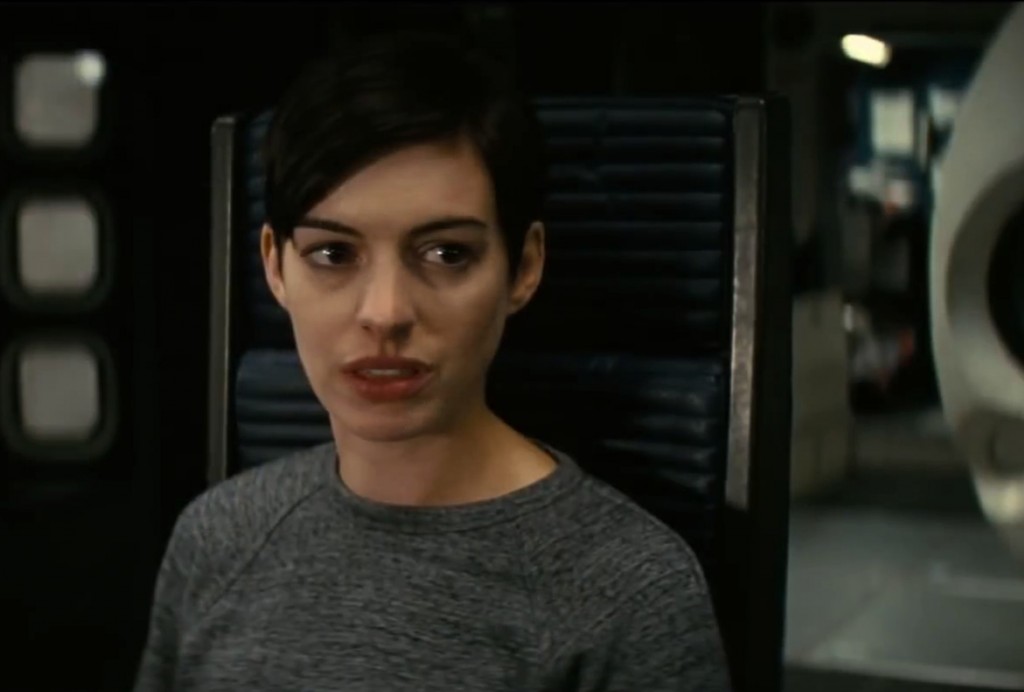
This issue deeply confuses Nolan’s characters, who try to find out who they are or rather who they would like to become. having the time for an ultimate second chance is a common problematic for Nolan’s characters. Opportunity or threat, those characters are often in such a situation, that they back to the wall and have to try everything whatever it takes! As a matter of fact, Cobb must use again an Inception in order to see again his children, Will Dormer has to go Alaska the time internal affairs investigate about him in Los Angeles, Leonard (Guy Pearce) must recover his memory in order to revenge his wife.
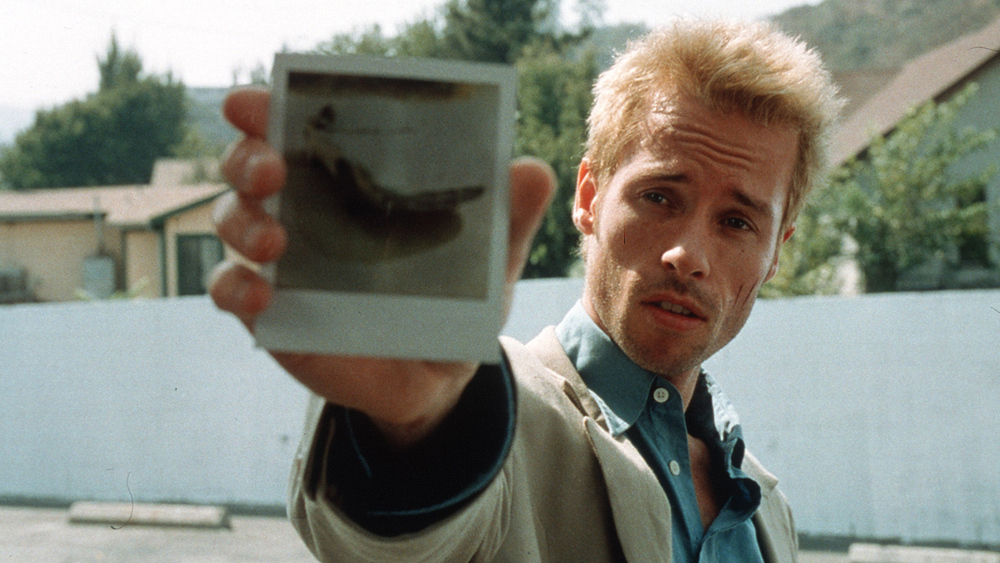
Precisely, Memento is the perfect illustration of this big dilemma. When you erase someone’s memory, does he remain the same? Amnesiac, Leonard forgets recent events. It is like he denies the past he lived, not knowing anymore if he is a killer or not. Lost, he is desperately looking for a way to reunite his past and present to define who he is..
Then, Time is a key element in the quest of identity for Nolan’s characters. This is also the necessary time they need to complete their initiatory journey. Main characteristic in every characters developed by the director is that there is always a significant physical (out of their comfort zone) and introspective journey. Mostly, the main characters are men who are lost, stuck, disappointed; they are not what they wish to become. In Following, Bill (Jeremy Theobald) is a writer, walking around the street following strangers, like he has no place in this society.
necessary time they need to complete their initiatory journey. Main characteristic in every characters developed by the director is that there is always a significant physical (out of their comfort zone) and introspective journey. Mostly, the main characters are men who are lost, stuck, disappointed; they are not what they wish to become. In Following, Bill (Jeremy Theobald) is a writer, walking around the street following strangers, like he has no place in this society.
Bruce Wayne (Christian Bale) massively rejects his image of the young & arrogant heir but with great phobia to become the Dark Knight, alone in his fight, choosing to be hated & feared by all. So, these characters are condemned to a great loneliness.
The self-image and self-esteem they have of themselves is a great issue that motivates them. This judgmental look is often shouldered and accentuated by the female characters who directly reflect their own image. For example, you have the look of a wife on his husband with Cobb & Mall (Marion Cotillard) or the look of a daughter on her father with Murph & Cooper or the Professor Brand and his daughter. Those failure or dramatic choices are the ones that traumatized these characters. It is Mall’s failed inception that pushed her to commit a suicide, or Murph’s disappointment of seeing her dad leaving. This negative judgement is haunting those male characters, into their memories, their dreams of another reality. It triggers a decisive thought progression in their future decision making. Same thing In “Insomnia” where Ellie (Hilary Swank) is at first really admiring Dormer (Al Pacino) but finally becomes really disappointed by his methods. It’s the way she sees him & the fact that she represents purity & integrity that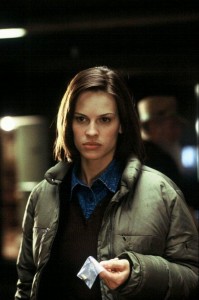 will push Dormer to sacrifice himself. This negative judgement is haunting those male characters, into their memories, their dreams of another reality. It triggers a decisive thought progression in their future decision making. Indeed, the look that give these women challenges them to become better men. Like oracles, the female characters guide or haunt them, but always come with the male characters through the different stages of their journey. Along the initiatory journey, Nolan’s characters are going through quite a violent breakdown. These characters apparently strong are always about to fall apart; depressive – like Leonard & Cobb -, crying – like Cooper watching the video record of his children 23 years later – backed into a corner – like Bruce when he has to make the climb without the rob -.This fall to hell is systematical for every Nolan’s characters, an essential stage in order to redeem themselves or defend an ideal.
will push Dormer to sacrifice himself. This negative judgement is haunting those male characters, into their memories, their dreams of another reality. It triggers a decisive thought progression in their future decision making. Indeed, the look that give these women challenges them to become better men. Like oracles, the female characters guide or haunt them, but always come with the male characters through the different stages of their journey. Along the initiatory journey, Nolan’s characters are going through quite a violent breakdown. These characters apparently strong are always about to fall apart; depressive – like Leonard & Cobb -, crying – like Cooper watching the video record of his children 23 years later – backed into a corner – like Bruce when he has to make the climb without the rob -.This fall to hell is systematical for every Nolan’s characters, an essential stage in order to redeem themselves or defend an ideal.
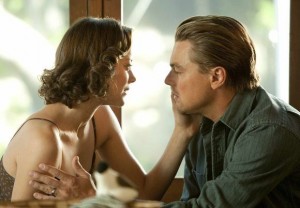
As a matter of fact, since they all go through self-disappointment, the real goal is being able to redeem themselves, to forgive themselves. The forgiveness issue is again closely linked with the mortal condition of the characters; with the posthumous image they will left behind. As Cooper’s wife understood, parents become a memory into their children eyes. Since Cooper’s Time is immensely precious, what image will he be able to leave behind, what values will have time to transmit? Same thing in Inception, in order to see his children again, Cobb has to forgive himself before joining them.
Likewise, struggling to defend an ideal is directly confronted with temporality. Justice is for example, an ideal going through ages, an inspirational idea in everyone mind that builds society. It is the people who shelter it, who are not eternal and won’t be always around to act on its name. This problematic is central in the last Batman “The Dark Night Rises”. Batman is a costume, a symbol, a hero necessary for maintaining Gotham order, whereas Bruce Wayne is not immortal.

Then, temporality plays an essential part into the characters identity quest, forgiveness and ideal. Facing the ultimatum of their own death, living apart society, looking down to themselves, these character encounter numerous dilemma and several existential & universal questions. Therefore, do those many questions find any answers? Keys of equation enough satisfying? Do those questions call to mind the viewer just the time of the movie?
Ultimate card of the director or genius trick, Christopher Nolan uses time as a reference, a key variable of the equation, as a truth keeper.

